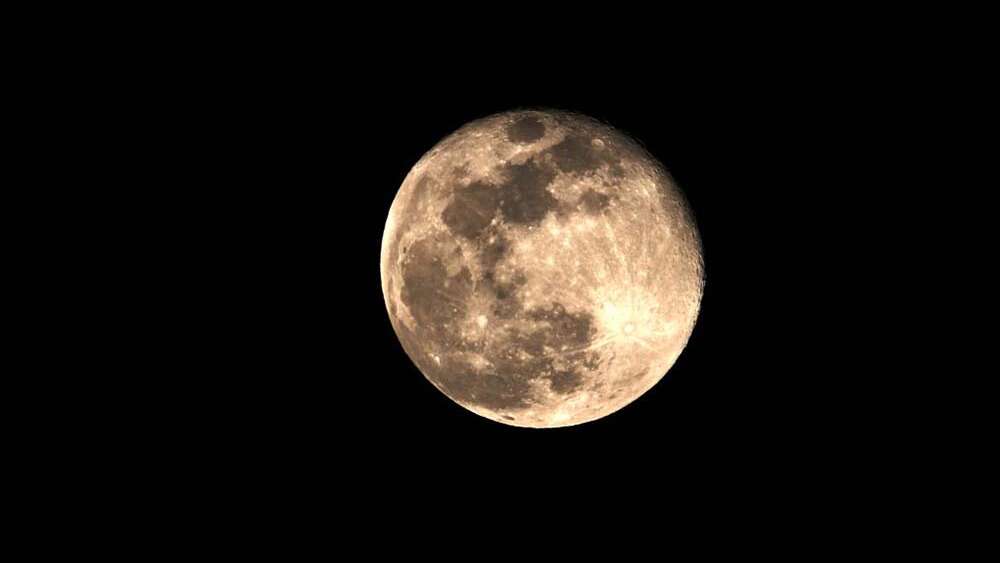Christians around the world might just be celebrating Easter on a common date – unless a nasty war in eastern Europe gets in the way.
This year, Passover ran from the evening of March 27 to April 4, matching with Easter for most of us. For many Eastern Christians, though, Easter will be on May 2.
Easter – and Passover – wander about the calendar because they are derived from the phases of the moon.
A successful attempt to have a uniform date, for Christians at least, occurred at the Council of Nicaea in 325. For a unified witness, the council decided Easter would be celebrated on the first Sunday after the first full moon after the autumn equinox. (The equinox is the date when the sun is directly above the Equator; there’s two per year – in 2021, they occur on 20 March and 23 September. Nicaea actually picked the spring equinox, but for us in the Southern Hemisphere, it is autumn)
This decision soon fell apart because Christians in the fourth century used the Julian calendar (devised by Julius Caesar) which was inaccurate. When a Pope, Gregory XIII, reformed the calender and kept Easter early in the year, part of the Church – generally, the Orthodox – stayed with the old Easter calendar.
Nicaea reaches its 1700th anniversary in 2025. Orthodox Archbishop Job of Telmessos, the representative of the Ecumenical Patriarchate of Constantinople to the World Council of Churches, has proposed a practical way to celebrate it: honor the Council of Nicaea’s efforts to set a common date for Easter by setting a common date for Easter, the Catholic News Service (CNA) reports.
The Vatican is onboard and has been since the Second Vatican Council. In fact, the Catholics back then said they would accept a fixed date for Easter – if the Orthodox and others agreed.
“At a 1997 consultation in Aleppo, Syria, representatives from all the major Christian churches recommended maintaining the Nicaea formula of Easter on the Sunday after the first vernal [spring] full moon, but said, ‘the astronomical data’ — the vernal equinox and the full moon — should be calculated using ‘the most accurate possible scientific means’ and using ‘the meridian of Jerusalem, the place of Christ’s death and resurrection’, as the basis for the calculation,” CNA reports.
That negotiation got some of the Orthodox churches to agree. But Agenzia Fides (via anglican.ink) reports changing the date of Easter “’is not on the agenda of the Orthodox Church, or at least it is not on the agenda of the Russian Orthodox Church, and in any case the Russian Orthodox have ‘no intention’ of changing the traditional system with which the date for the Easter celebration is fixed in their Church”, according to a recent TV interview by Metropolitan Hilarion of Volokolamsk, who represents the Moscow Patriarchate.
This may well be due to a crisis of authority in the Orthodox churches. As the Ukraine war intensifies, the Russian Orthodox Church insists that the Ukrainian church remains part of them. Holding fast to their calendar and traditions may be something they need to empathise at this time. Some of the earlier discussions about a common date for Easter have been held in the Ukraine.
Meanwhile, Passover will continue to begin on the 15th day of the Hebrew month of Nisan that is always a full moon. The Jewish year is a lunar year of 354 days periodically corrected by adding an extra month.
Aligning Passover and Easter would be even more difficult than getting all Christians to agree on Easter.
Pray
Some prayer points to help
Given that it is not yet Orthodox Easter. lets pray for our Orthodox Brothers and sisters.




